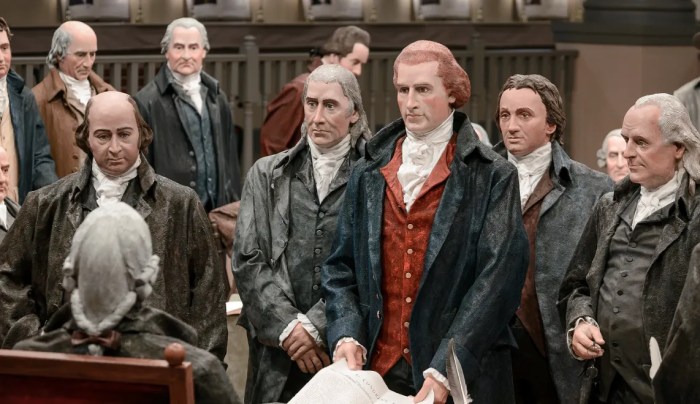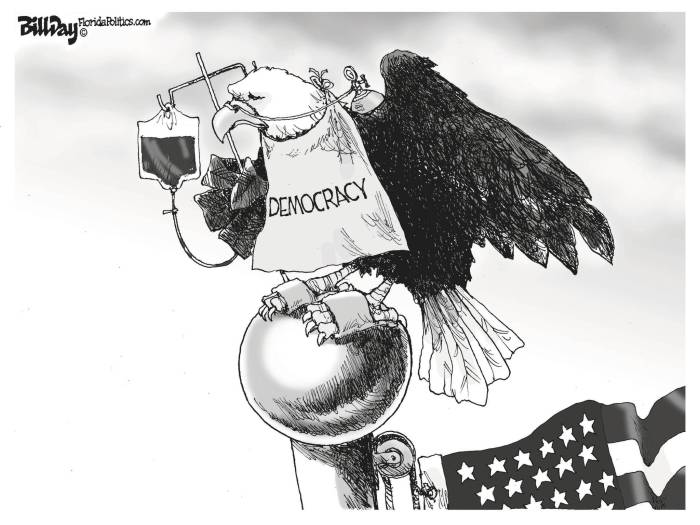What colony’s founders believed that – At the dawn of colonization, the beliefs of founders played a pivotal role in shaping the values, institutions, and social structures of new settlements. From religious convictions to economic motivations and political ideals, these beliefs left an enduring legacy on the development of nations.
This exploration delves into the diverse beliefs that guided the establishment of colonies, examining their influence on the societies they created and the impact they continue to have on modern-day communities.
Historical Context: What Colony’s Founders Believed That

The beliefs of colony founders played a pivotal role in shaping the development of their settlements. These beliefs often reflected the religious, economic, political, and social values of the founders, and influenced the establishment of different types of colonies.
For example, the Pilgrims, who founded Plymouth Colony in 1620, were motivated by their religious beliefs and sought to establish a society based on Puritan principles. In contrast, the Virginia Company, which established Jamestown in 1607, was primarily driven by economic motivations and sought to exploit the region’s resources.
Religious Beliefs, What colony’s founders believed that
Religious beliefs were a dominant force in the founding and development of many colonies. For example, the Massachusetts Bay Colony was established in 1630 by a group of Puritans who sought to create a society based on their religious principles.
Similarly, the Pennsylvania Colony was founded in 1681 by William Penn, a Quaker, who established a colony based on principles of religious tolerance and pacifism.
Economic Motivations
Economic factors also played a significant role in the beliefs and motivations of colony founders. For example, the Jamestown Colony was established in 1607 by the Virginia Company, which was primarily interested in exploiting the region’s resources. Similarly, the Georgia Colony was founded in 1732 as a buffer against Spanish Florida and to provide a haven for debtors.
Political Ideals
Political ideologies also influenced the beliefs of colony founders. For example, the Maryland Colony was founded in 1634 as a refuge for English Catholics who were persecuted in England. Similarly, the Rhode Island Colony was founded in 1636 by Roger Williams, a Puritan minister who advocated for religious freedom and separation of church and state.
Social Structures
The beliefs of colony founders shaped the social hierarchies and relationships within their settlements. For example, the Massachusetts Bay Colony established a strict social hierarchy based on religious affiliation, with Puritans at the top and non-Puritans at the bottom. In contrast, the Pennsylvania Colony established a more egalitarian society based on Quaker principles.
General Inquiries
What were the key religious beliefs that influenced the founding of colonies?
Religious beliefs played a dominant role in the establishment of many colonies, with Protestantism and Catholicism being particularly influential. These beliefs shaped the values, social structures, and laws of the settlements.
How did economic factors impact the beliefs and motivations of colony founders?
Economic opportunities, such as trade and resource exploitation, were major driving forces behind the establishment of colonies. Founders sought to capitalize on these opportunities, shaping their beliefs and motivations accordingly.
What role did political ideologies play in the beliefs of colony founders?
Political ideologies, such as republicanism and mercantilism, influenced the beliefs of colony founders. These ideologies shaped the governance and economic structures of the settlements.


